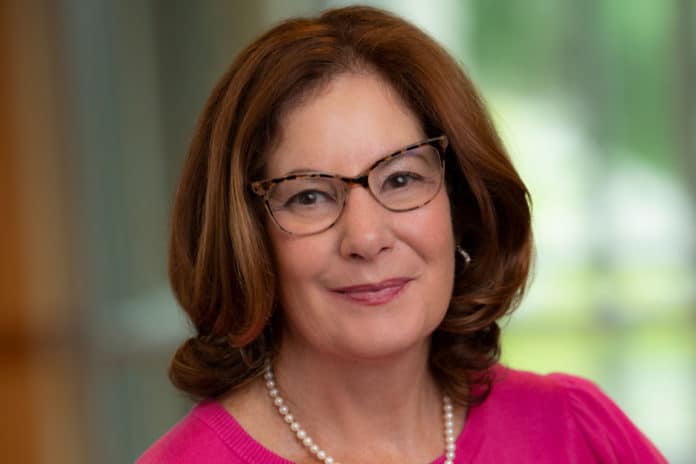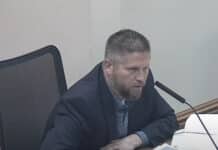The 2022 midterm election is officially underway in Minnesota, as early voting commenced Friday. Recent polls showed the economy, crime, and abortion were in the forefront of voters’ minds. Then Minnesota made international news again when U.S. Attorney Andy Luger issued indictments of nearly 50 individuals accused of perpetrating the largest COVID fraud on record.
Commentators now say concerns about fraud will influence voters. But there’s another issue that’s garnered little attention. I wonder how it will play out as voters weigh in.
It’s a phenomenon I call COVID whiplash. It’s the aftermath of more than two years of disruption to every aspect of our lives. It’s manifested in low confidence in elected and appointed officials whose decisions impacted us all in different ways, not to mention low confidence in the media.
I recently spoke with a woman I’ll call Claire. Like many people these days, she was reluctant to use her real name because of potential blowback on her family because of her criticism about school policies. She speaks like a woman who is viewing the world through an entirely new lens.
A millennial, Claire lives in the suburbs with her husband and two sons. When COVID hit, her oldest child was in kindergarten and her youngest was one year old.
Though she didn’t grow up in a political family, Claire gravitated toward the Democratic Party. It was the party that cared. It was pro-education, pro-child, and pro-woman — and Republicans were against all that. Moreover, as a union member, she was told to vote for candidates who supported the union’s work. They were always Democrats.
The events of the past couple of years completely transformed her views. Come November, she’ll be voting Republican up and down the ticket.
It’s been a painful reckoning for Claire. She’s weary of the gaslighting. She’s lost trust in the party to which she felt she belonged.
Rather than advancing policies that best supported kids, she says, Democrats made decisions to secure their own power base. Rather than listening to parents’ concerns, they insisted kids weren’t being harmed when the opposite was true.
Policies made no sense. Her son’s public school was only open to students whose parents were considered essential workers. Yet the Catholic school just one mile away was open to all students.
“That wasn’t the pandemic. That was policy choice,” she says.
As a stay-at-home mom, she was able to help her son navigate Zoom. Though he was well-prepared academically, the limited interaction with his teacher and peers and the way he was muted on Zoom frustrated him a lot. He had daily meltdowns.
Claire also saw how students who didn’t have a parent to assist them struggled to stay focused. Kids would spin around on their chairs, barely paying attention.
Students who were able to go to school were put into a classroom with a paraprofessional, with the teacher in another room. It was deemed inequitable for some students to be able to interact with the teacher in person and others not to be, she explained, so the solution was for no students to be able to do so.
Claire’s professional training is in literacy. As she’s tutored students, she’s seen how much they fell behind due to the disruption in learning. She understands the connection between mastering literacy and succeeding in life.
If the powers that be would have acknowledged they made bad decisions, she might still be voting blue this election. But rather than accepting responsibility for failed policy, they’re doubling down, she says.
“Just say you were well-intentioned. Just say you made the wrong choice and you’re sorry. If they had said that last year and if they had said we’re going to listen to parents now about how different measures are impacting them, I’d probably be voting Democrat this election.”
Whereas she used to favor giving school districts as much money as they said they needed, she now wonders where and how the money is being spent.
Democrats keep talking about fully funding schools, she says. “When I think about all the administrators, all the DEI consultants they’re hiring, I’m wondering, what are the outcomes? How is this helping kids? Are we teaching kids how to read with all this training? Are we teaching them how to improve their math?”
“When they say they’re doing child-centered policies, it’s anything but,” she said. “And they literally will not acknowledge the harm that’s been done. And that’s turned me off completely.”
The views and opinions expressed in this commentary are those of the author and do not represent an official position of Alpha News.

















